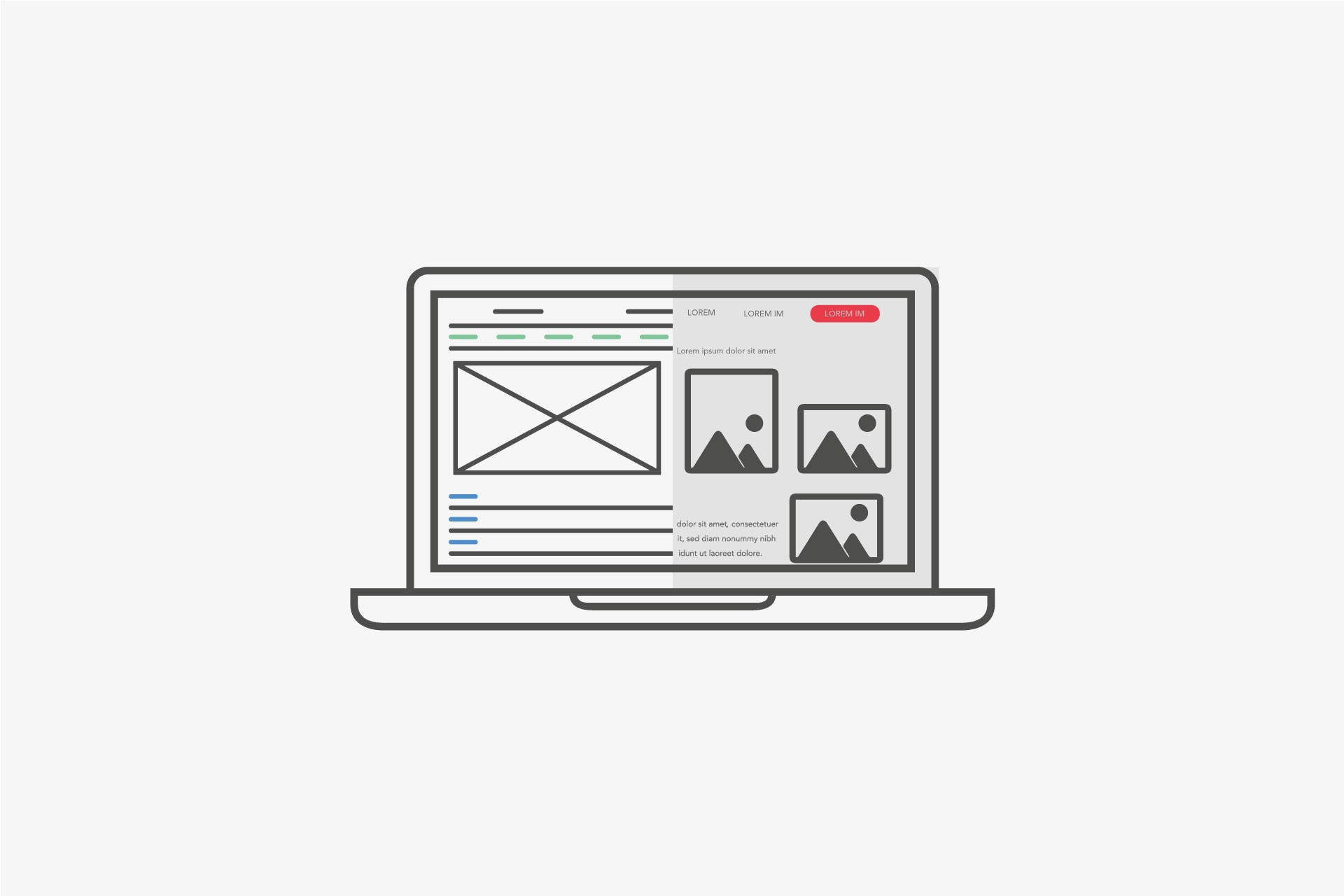Smart reporting in the hospitality industry with Data Studio
Did you know that the report is a key piece of your work, no matter what sector your company or business is aimed at, it will always be necessary to have a tool that allows you to establish the results of your most important kpi's (Key Performance Indicator / Key Performance Indicators) for the fulfillment of your objectives. In this case we will focus on the tertiary sector, directly in the hotel sector with an impact on online sales (e-commerce).
If currently the Dashboard of your report must be updated manually, in this blog we can tell you how you can improve it, as you have probably had problems to review recent information with the need to create strategies as quickly as possible or that in each reporting season it takes longer than expected to update them.
How to make reports with Google Data Studio?
Something you should know is the integration of data analysis tools that Google offers you, such as Google Analytics, Google Search Console, Google Tag Manager and Google Ads, all this you can integrate directly to Google Data Studio, this tool is your blank space that allows you to create, organize and demonstrate your analysis according to the objectives of your company.
Going into the subject, the previous tools are useful for the following:
Google Analytics: this is the brain of the tools, it is a data analysis tool that allows you to categorize it into audiences, acquisition, behavior and conversions.
Google Search Console: this tool also allows you to analyze data from your website with a different feature, in order to see the organic traffic (unpaid traffic).
Google Ads: is the paid media that serves to generate advertising throughout the search network.
Google Tag Manager: or also known as the tag manager, is the intermediary that allows the link of these tools with the website, which helps you to capture data according to your needs.

Identify your kpi's and targets
Do you know what are the most important metrics and kpi's for a hotel report? First of all you have to know the difference between them, hotels use all kinds of metrics to evaluate their overall performance, but the ones that focus specifically on objectives are called kpi's, now that you know the difference I will share with you some of the most important metrics:
Average Rate (ADR): the average price guests pay for rooms, it is calculated by dividing the total revenue from reservations by the number of transactions.
Revenue per room: It is the average amount of revenue per room, in other words it is the revenue between the type of room requested.
Average length of stay (ALOS): Number of nights guests stay on average over a period of time.
ROI: The amount of revenue earned on a multi-channel basis.
ROAS: Specifically the amount of revenue earned through a single marketing channel.
Assisted Conversion: Helps to identify by which means a reservation was made, for example: If a reservation is made through Google Ads campaigns it would be a paid search assistance, while if it is searched in the browser it is considered an organic search.
It is advisable to add certain graphs to track your online sales, for example:
Conversion Funnel: It serves to identify traffic leaks, which allows you to find points of improvement in the booking process.
Travel Window: If you want to know which are the most booked dates, it is very useful.
Revenues by country, region and even by city, to take into account for future strategies.
Audiences: this data acquired from Analytics is important, since it helps you determine the type of audience that is looking for you, what their interests are, demographic data, etc.


